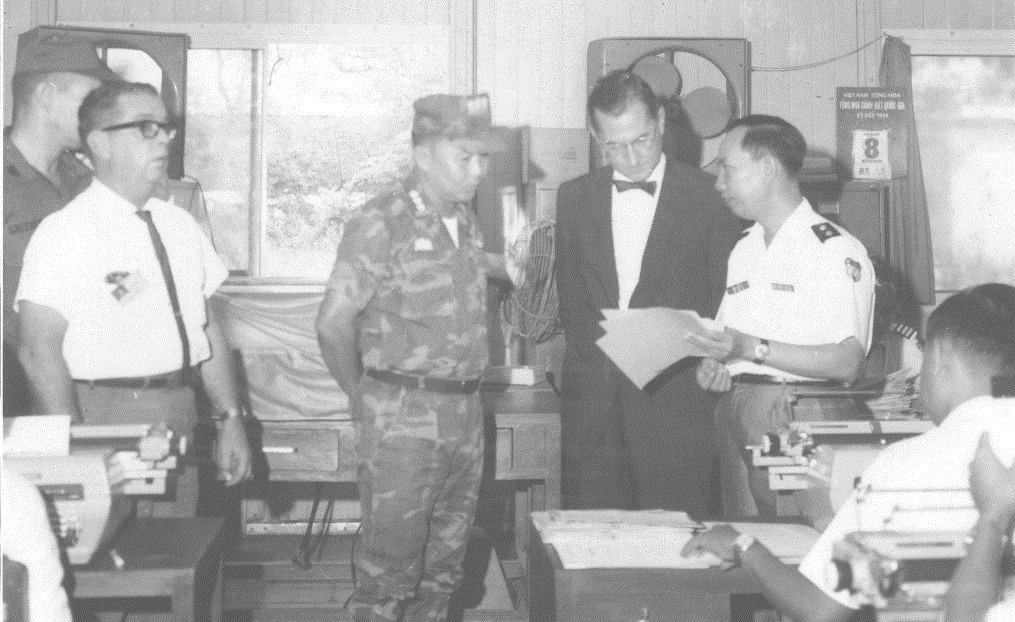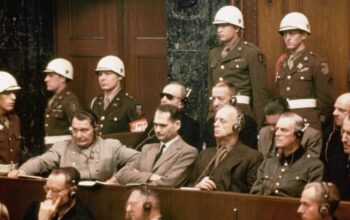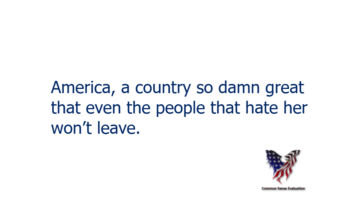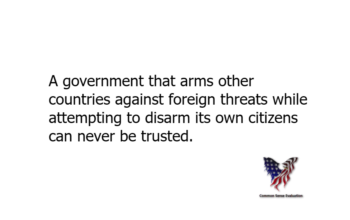In the annals of military history, certain operations remain shrouded in mystery and controversy. One such operation is the Phoenix Program, a covert counterinsurgency effort conducted by the United States during the Vietnam War. Named after the mythical bird that rose from the ashes, the Phoenix Program was intended to dismantle the Viet Cong infrastructure and neutralize its operatives. However, its methods and impact have sparked debates and raised profound questions about the ethics of warfare and the limits of state power. In this article, we delve into the Phoenix Program, examining its origins, operations, and enduring legacy.
Origins and Objectives
The Phoenix Program emerged from the necessity to combat the elusive and decentralized Viet Cong during the Vietnam War. It was established in 1967 under the guidance of the Central Intelligence Agency (CIA), in collaboration with the U.S. military and the South Vietnamese government. The primary objective of the Phoenix Program was to gather intelligence, infiltrate the Viet Cong, and eliminate its leadership and infrastructure.
Operational Strategies
The Phoenix Program employed a multifaceted approach that combined intelligence gathering, interrogation, assassination, and strategic pacification efforts. Its strategy focused on capturing or eliminating key Viet Cong figures, disrupting their supply lines, and winning the hearts and minds of the rural population by providing aid and development projects.
Controversial Tactics and Alleged Abuses
While the Phoenix Program aimed to dismantle the Viet Cong, its implementation raised serious concerns and led to allegations of human rights abuses. Critics argue that the program’s emphasis on “neutralizing” the enemy blurred the line between combatants and civilians, leading to the extrajudicial killing of innocent people. Interrogation methods, including torture and coercion, were reportedly used to extract information from suspected Viet Cong sympathizers, further tarnishing the program’s reputation.
Assessing the Impact
Estimating the overall effectiveness of the Phoenix Program is a complex task. Proponents argue that it played a crucial role in weakening the Viet Cong, disrupting their operations, and paving the way for American forces to withdraw. They contend that the program succeeded in gathering intelligence and providing a more secure environment for the South Vietnamese population. However, critics maintain that the human cost and ethical implications outweigh any tactical gains, and that the program alienated the local population, ultimately undermining the U.S. cause.
Legacy and Lessons Learned
The Phoenix Program remains a subject of intense scrutiny and debate, exemplifying the ethical and strategic dilemmas inherent in counterinsurgency operations. Its controversial tactics and alleged abuses have left a lasting impact on both military doctrine and public perception of U.S. involvement in the Vietnam War. The lessons drawn from the Phoenix Program continue to influence military planning and underscore the importance of accountability, adherence to international law, and respect for human rights in future conflicts.
Final Thoughts
The Phoenix Program stands as a haunting testament to the depths to which governments are willing to plunge in the pursuit of victory, regardless of the moral and ethical consequences. It serves as a chilling reminder of the potential for abuses of power and the erosion of human rights during times of conflict. The program’s shadow looms large, casting doubt on the very principles of justice and accountability that form the foundation of a civilized society.
While some argue that the Phoenix Program achieved its objectives in disrupting the Viet Cong and gaining valuable intelligence, the cost in terms of human lives and the erosion of trust cannot be ignored. The alleged atrocities committed in the name of counterinsurgency sow seeds of doubt and mistrust that continue to haunt the collective consciousness.
The legacy of the Phoenix Program extends far beyond the Vietnam War, resonating in subsequent military interventions and challenging our perception of the morality of warfare. It serves as a stark reminder that the ends should never justify the means, and that unchecked power in the hands of those who believe themselves above the law can lead to unfathomable darkness.
As we reflect upon the Phoenix Program, we must confront the uncomfortable truth that even in the pursuit of noble goals, the potential for corruption and abuse of authority exists. It compels us to question the motives and actions of those who wield power in the name of national security, urging us to remain vigilant guardians of justice and the sanctity of human life.
In the end, the Phoenix Program serves as a haunting reminder that the battle for the preservation of humanity should never be waged at the expense of our own humanity. It is a chilling tale of the consequences of unchecked power, leaving us to ponder whether true victory can ever be achieved when it comes at such a high moral cost.



